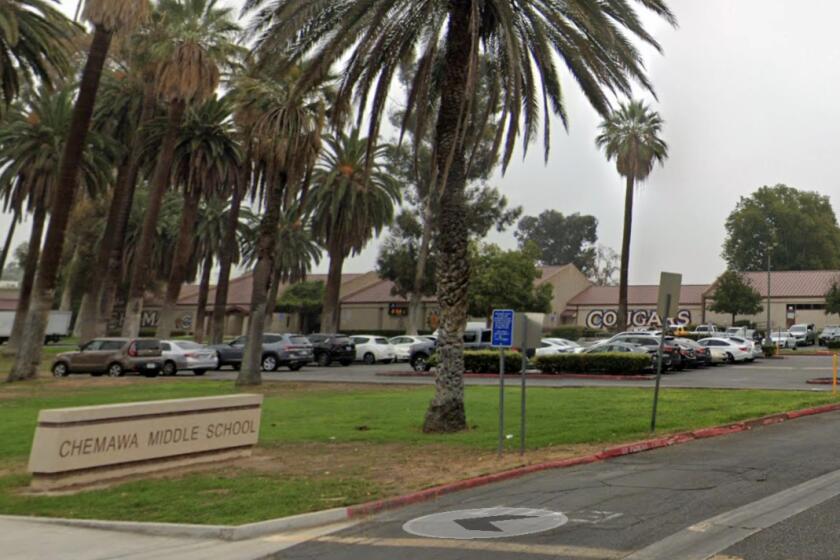145,000 Blood Donors Alerted
The UCLA Blood and Platelet Center has started notifying about 145,000 donors that they could be victims of identity theft because a laptop computer containing their personal data was stolen.
The computer, taken from a locked UCLA van in November, contained the names, Social Security numbers, dates of birth and blood types of donors.
But UCLA Healthcare officials said they did not realize the significance of what they had lost until early May, during an internal evaluation of data security.
Though the information on the computer was password protected, it did not have the sophisticated encryption codes that UCLA uses now, meaning the laptop’s data could be accessible to a tech-savvy criminal, according to Dr. Michael McCoy, spokesman for UCLA Healthcare.
Police told UCLA Healthcare officials that the thief probably wanted the computer itself, not its data.Officials don’t expect to recover the laptop.
“There’s no indication that any of this information has been used, and we’ve acted promptly to notify people,” said Dr. Priscilla Figueroa, director of transfusion medicine, whose June 5 letter alerted registered donors to the problem.
UCLA Healthcare also set up a hotline for people to call. It also sent identity theft protection information along with the notification letter -- which is required by California law -- to all those who gave blood over the last 15 years.
A Social Security number is a “golden key to identity theft” and can be used to create credit profiles, steal crucial government information and toy with tax benefits, said Linda Foley, co-director of the Identity Theft Resource Center, a nonprofit group.
Denny Schneider couldn’t remember the last time he had donated blood at UCLA, and said he was disturbed to receive a letter notifying him that he could be a victim of identity theft.
“For seven or eight months, it’s possible that someone has had all of this information. I’m extremely concerned,” he said. The Westchester resident said he was troubled that this kind of information had been stored on a laptop.
Blood donor Carl Davis, who received the letter Tuesday, said he hadn’t noticed anything irregular in his credit reports over the last few months. Still, he said, he was worried that someone could manipulate his personal information.
Aside from greater encryption, UCLA Healthcare officials said, they are limiting what information is stored on laptops, which are more vulnerable than desktop computers to theft and loss.
Figueroa said the Blood and Platelet Center deeply regretted the loss of donor information. “This is particularly devastating to people who were doing the right thing: giving us blood to help save other people’s lives,” she said.
In related news, a laptop was reported missing two weeks ago from a UCLA financial office that contained information that could put an additional 50,000 to 100,000 people at risk for identity theft.
Letters on this theft will go out in the next few weeks, according to UCLA officials.
More to Read
Sign up for Essential California
The most important California stories and recommendations in your inbox every morning.
You may occasionally receive promotional content from the Los Angeles Times.










